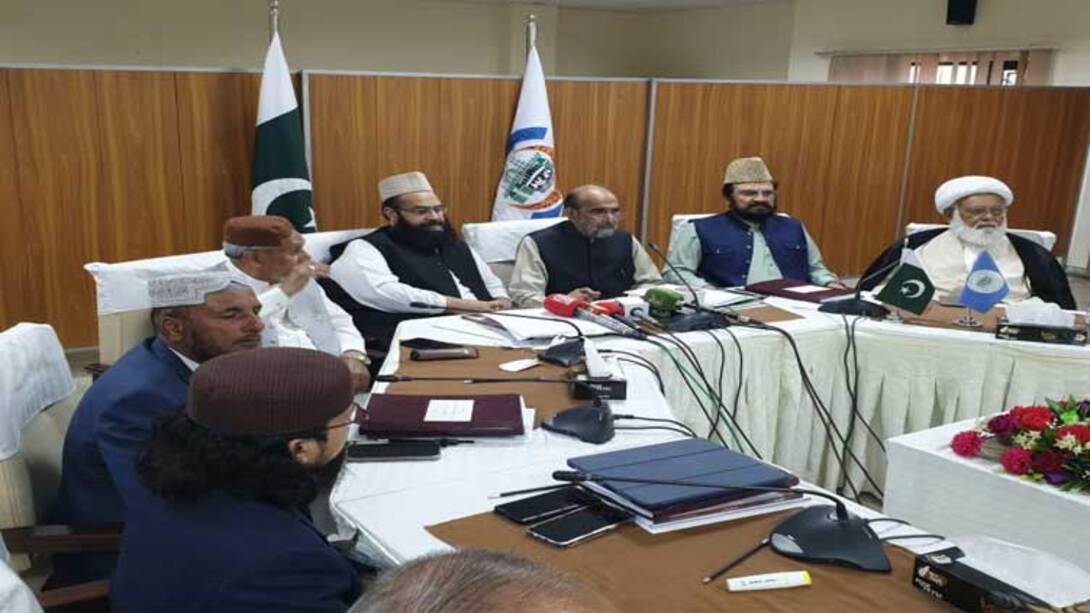The Council of Islamic Ideology (CII) has criticised Transgender Persons (Rights of Protection) Rules yet again and said that “self-perceived identity” is un-Islamic.
CII Chairman Dr Qibla Ayaz headed a two-day meeting to review the transgender law and said during a press conference that the council had reached the conclusion that the law is un-Islamic.
Apart from the CII members and other religious scholars and leaders, representatives of the transgender community, doctors, legal and social experts, civil society organisations, the National Database and Registration Authority, and the Ministry of Human Rights also participated in the meeting.
The CII chairman said that several provisions and clauses of the transgender law were not compatible with Sharia.
Dr Qibla Ayaz expressed concerns over the social and legal problems faced by transgender persons, saying their human rights must be guaranteed.
Dr Ayaz said the council also examined the amendment bills presented by Senator Mohsin Aziz, Senator Mushtaq Ahmed and Senator Maulana Abdul Ghafoor Haideri and suggested amendments to them.
The transgender community in Pakistan faces a number of legal and social issues, including incidents of violence and discrimination against members.
Earlier, the Senate Committee on Human Rights recommended substituting the word “transgender” with “khunsa (intersex)” in the Transgender Persons (Protection of Rights) Act, 2018.
Human rights defenders and especially transgender rights activists decried the move as exclusionary.
The progressive Transgender Persons (Protection of Rights) Bill, 2018 accords transgender citizens the right to self-identify. However, recently the bill has faced opposition from extremist elements in the country, who consider it to be “un-Islamic”.


